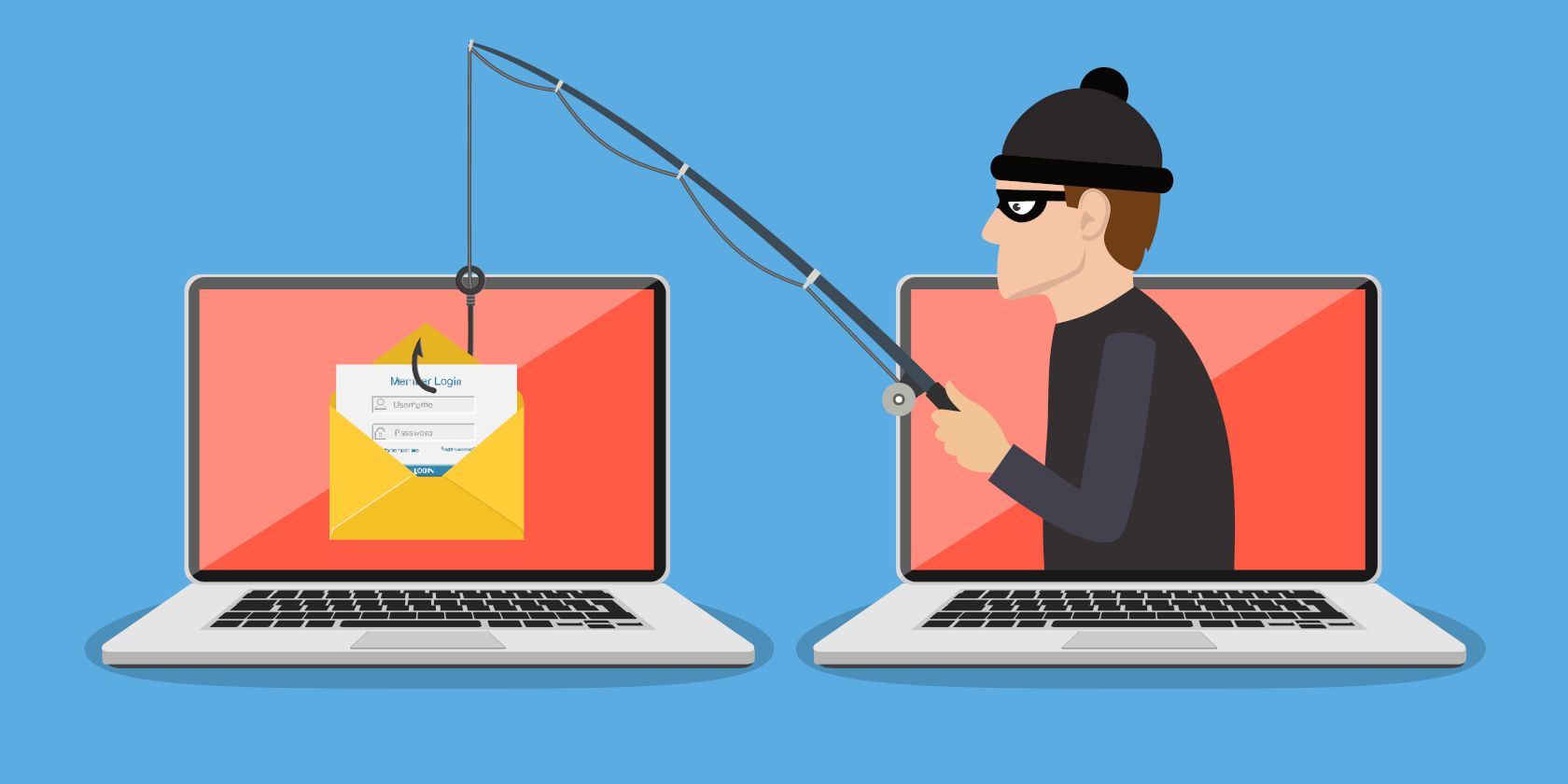For a phishing attack to work, a hacker needs to impersonate a person or company of high importance to convince the victim to surrender their details. A report has revealed that scammers are now more likely to imitate Microsoft than any other company.
What Did the Study Say About Microsoft Phishing Attacks?
The news came to us via Check Point, a widely-respected cybersecurity firm. The company took a survey to see which companies are most impersonated in a phishing attack.
In Q3 of 2020, Check Point noticed that 19 percent of all phishing attacks impersonated Microsoft. This put Microsoft firmly in the first place spot, up from fifth since Q2 2020.
In second place was DHL, with 9 percent of the share. This was a big surprise, as DHL has not previously ranked on the listings. Google was tied at 9 percent, then PayPal at 6 percent, and Netflix coming in fifth with 6 percent.
Why Did Microsoft and DHL Shoot Up in the Rankings?
Check Point states that the pandemic is to blame for scammers impersonating Microsoft and DHL. Maya Horowitz, the Director of Check Point, has this to say:
In this past quarter, we saw the highest increase in email phishing attacks of all platforms compared to Q2, with Microsoft being the most impersonated brand. This has been driven by threat actors taking advantage of the mass migration to remote working forced by the Covid-19 pandemic, to target employees with fake emails asking them to reset their Microsoft Office 365 credentials.
As for DHL, it's likely the scammers are impersonating mail delivery services to claim that a package is at risk of being held in quarantine unless the victim surrenders their personal information.
A Shifting Scene in the Cybersecurity World
The world of cyber threats rarely stays the same between two different years. Hackers and scammers are opportunistic and will consider the current digital ecosystem when devising their attacks.
As such, scammers will typically prey upon the thoughts and fears of the current year. After COVID-19 struck the world, cybercriminals were hot on its heels to take advantage of the panic the pandemic caused.
If you're worried about this shifting focus in cybersecurity, be sure to learn how to spot and avoid COVID-19 phishing scams.
The Future of Cyber Threats and Phishing
As of Q3 2020, Microsoft is the most impersonated company in phishing scams. However, given how turbulent the world of cyber threats is, who knows if it'll stay the same next quarter?
If you want to keep yourself safe from general phishing tactics, be sure to keep your eyes out for extortion-based attacks. These threaten to shame you if you don't obey the scammer's commands, but they're very rarely an actual threat.
Image Credit: DRogatnev / Shutterstock.com

